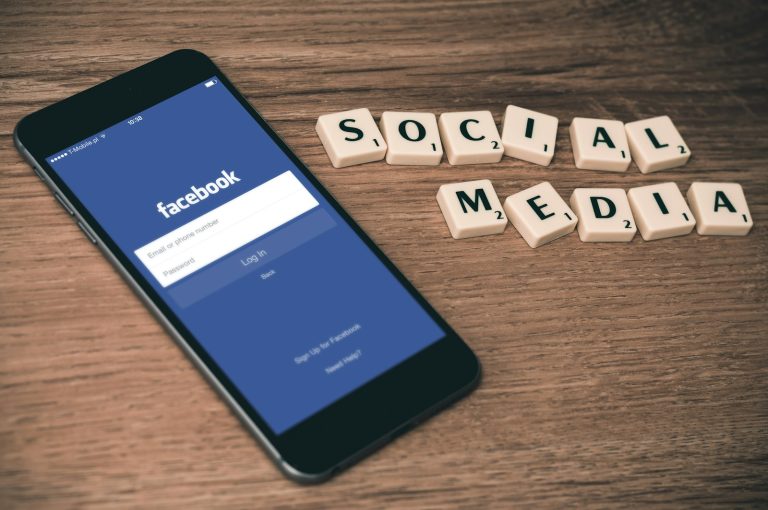Women’s health issues have historically faced neglect and dismissal by the medical community. However, social media has emerged as a transformative platform, empowering women to advocate for their health, raise awareness, and demand better healthcare services. Jennifer Read-Dominguez, founder of The Women’s Journal, underscores the significance of this digital evolution in enabling women to reclaim control over their mental and physical health, thereby narrowing the gender health gap.
Harnessing the Power of Social Media
Platforms such as Instagram and TikTok have become vital spaces for women to share their health experiences, exchange information, and connect with others facing similar challenges. Conditions often overlooked by healthcare providers such as endometriosis, fibromyalgia, and frequently misdiagnosed mental health conditions like ADHD and autism are now receiving the attention they deserve. Social media has allowed women to discover that they are not alone in their struggles, creating a sense of community and support.
Reclaiming Health Narratives
Jennifer Read-Dominguez explains, “Social media has enabled women to take back their health narratives. For far too long, women who intuitively understand their bodies have been told by doctors that their pain is imaginary or that they are overreacting. The rise of digital platforms allows women to share their experiences, which helps others recognise their own symptoms. This collective voice leads to heightened self-awareness, quicker identification of health issues, and more women seeking second opinions or thorough examinations.”
The Role of Digital Knowledge
“This digital knowledge accessible at our fingertips is crucial in bridging the gender health gap,” she continues. Women have historically faced a lack of answers and insufficient care due to the patriarchal medical establishment’s inability to recognise and address their unique health challenges. In this era of relatable and informative content, women are sharing their often invisible struggles and amplifying discussions that were once silenced. Social media is becoming an empowering lifeline for women worldwide.
A New Educational Landscape
Read-Dominguez highlights the educational potential of social media: “Platforms like TikTok and Instagram have evolved from mere entertainment to vital spaces for important discussions about mental and physical health. When a woman encounters a post that resonates with her experiences, it can spark a moment of realisation. She understands that she is not alone, that her symptoms are legitimate, and that other women face similar issues. This validation is essential, particularly for those whose concerns have been dismissed by healthcare professionals.”
Advocacy and Solidarity Through Shared Stories
The Women’s Journal has documented numerous accounts of women who have fought tirelessly for their health after being overlooked by the medical system. Many have found solidarity on social media, gaining insights from shared experiences, and challenging the status quo that often results in underdiagnosis or misdiagnosis.
Paving the Way for Change in Healthcare
Jennifer Read-Dominguez believes that increased sharing of experiences can catalyse change within the healthcare system. As more women share their experiences, the pressure on the medical community to listen and adapt increases. This movement is about empowerment and the quest for equality in healthcare. Armed with newfound evidence and confidence from their social communities, women can now hold medical professionals accountable and I fully support this shift.”
Generational Empowerment Through Social Media
Women across generations, from Gen X and millennials to Gen Z, are leveraging social media’s vast resources and community support. As the gender health gap gradually closes, social media remains a crucial tool for educating, supporting, and mobilising women towards better health outcomes.
